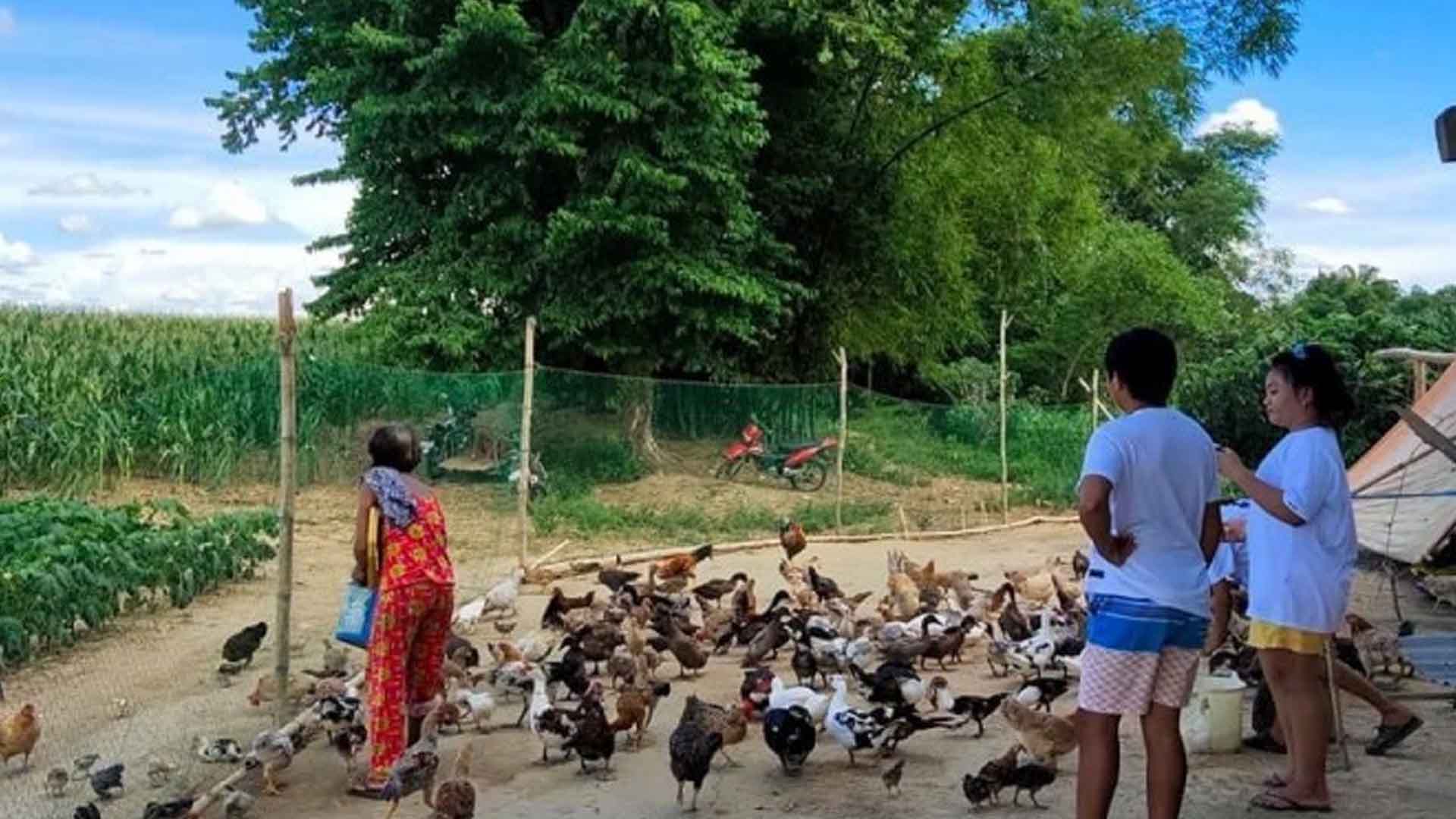Around PHP1.2 million funds from the Department of Social Welfare and Development (DSWD) social amelioration program (SAP) were turned over to at least 85 beneficiaries in Pagudpud, Ilocos Norte for their livelihood, Provincial Social Welfare and Development officer Corazon Lilian Celia Rin reported on Wednesday.
Rin said the grant is meant to aid beneficiaries amid the continuing threat of coronavirus disease 2019 (Covid-19).
SAP beneficiary Glory Valenzuela said the grant of PHP15,000 cash from the DSWD is a big help to sustain the feeds of her growing chicks and ducklings.
“During a consultation, I was asked before what do I need to survive the pandemic and I immediately thought of my native chicken and ducks. With the ongoing crisis, how will I be able to sustain their feeds?” said Valenzuela when she had her name enlisted as one of the SAP beneficiaries.
Months passed and she thought the government workers who enlisted them had already forgotten her name. But when her name was called to receive the cash amount, she cried for joy. “It’s for real!”
According to Rin, the beneficiaries were carefully assessed by social workers and it took them longer than usual to finish the process due to some Covid-19 restrictions.
Applicants were asked to submit a “business plan” and if found feasible, would be given a grant that commensurates their needs.
“After giving them the amount, they will be monitored where they spent the amount,” Rin said, adding they have assigned a monitoring team from the DSWD Ilocos Norte sub-office and the Municipal Social Welfare and Development Office to check on the beneficiaries.
Last March, the government passed into law the Bayanihan to Heal as One Act or Republic Act 11469, which mandated the DSWD to implement nationwide social amelioration measures to aid the vulnerable sectors throughout the enhanced community quarantine (ECQ) period.
As stated in the guidelines, the SAP will prioritize 18 million poor Filipino households with a grant of PHP5,000 or more in cash and or in-kind depending on the region’s minimum wage rate.
The beneficiaries include the poorest of the poor or those who work in the informal sector, home workers, house helpers, public transportation drivers, micro-entrepreneurs and producers, family enterprise owners, sub-minimum wage owners, farmers, employees affected by the no-work, no-pay policy, stranded workers, other household members belonging to the vulnerable sectors such as senior citizens, persons with disabilities, pregnant and lactating women, solo parents, distressed overseas Filipino workers, indigenous peoples, and homeless individuals. (PNA)




















